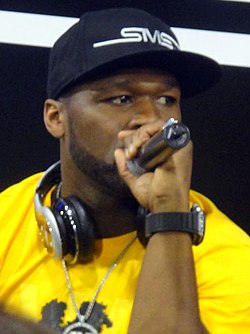A brief mediation on ask string values
I have an urgent dispatch from the cutting edge of ask string science!
By now, you’ve read our ATIMU-award-winning* white paper The Science of Ask Strings.
But you’ve probably also read many other things since. Thus, you may not recall the importance of fluency in ask strings. That is, the more common and easier to process the amounts are, the more people are likely to donate. In particular, $100 in an ask string increases both response rate and average gift — a rare feat. There was also a discussion of what makes a fluent, easy-to-process ask amount. One set of authors posited that banknote values are the most fluent. That is, if there’s a bill with that number on it, it’s a good ask string value.
There may be a different definition, though, with more to teach us about good ask string values. A study from consumer pricing found that people’s memory for prices is directly related to how many syllables it takes to say the amount. That is, people are more likely to remember $12 than $11 and more likely to remember $173 when it’s presented as “one-seven-three” than if it’s “one hundred and seventy-three.” This fits previous research that we humans can generally remember the number of words that we can read aloud in 1.5 to 2 seconds. It also fits the career of Curtis James Jackson III, who became far more recognizable as the price/stage name 50 Cent and, later simply Fi’ddy. The evidence suggests that he would not have been as successful as the rapper $17.97.
As you might guess, memory and easy-of-cognition are close cousins in the brain, so we can probably assume that this also means that shorter-to-say numbers are easier for the brain to process than longer-to-say numbers.
So what are the implications for those seeking cognitive fluency in their ask strings? This is where we get into speculation — no one to my knowledge has tested ask string syllables, likely under the (probably correct) hypothesis that there are better things to do with one’s life. But I promised cutting edge, so speculate we will:
- Zeros, not fives. $25 is often used in ask strings, but this would posit that $30 or $20 would do better.
- Generally, reduce your significant digits. You are looking for a single digit, followed by some number of zeros.
- Sevens are right out. One more syllable than either six or eight, either of which would do better by this thinking.
Has anyone experimented with this in a significant way? Please start the discussion in the comments!
*Award That I Made Up



